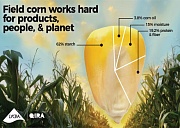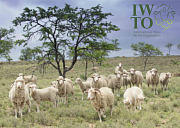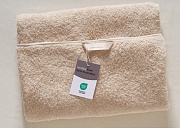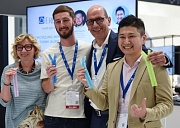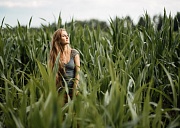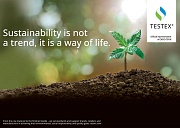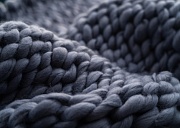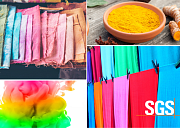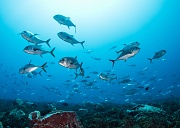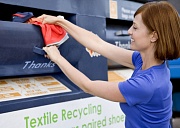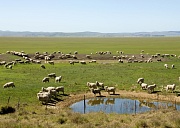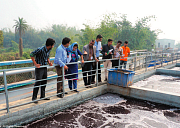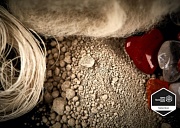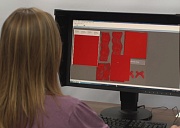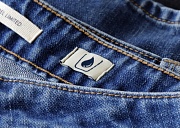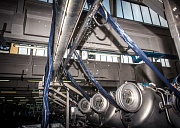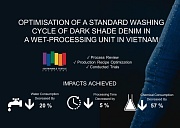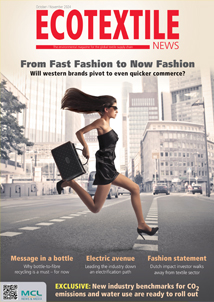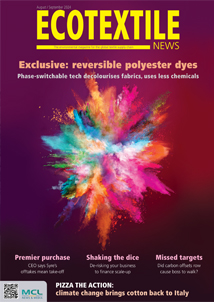SPONSORED CONTENT - Filippa K will be the first brand to première a new recycled and renewable material in its Spring/Summer 2024 collection this autumn. This was made possible through a collaboration with OnceMore® from Södra, TENCEL™ Lyocell x REFIBRA™ from Lenzing, and textile manufacturer Riopele.
The innovative partnership represents a commitment to finding circular solutions in fashion, bringing together the strands of the industry to progress change.
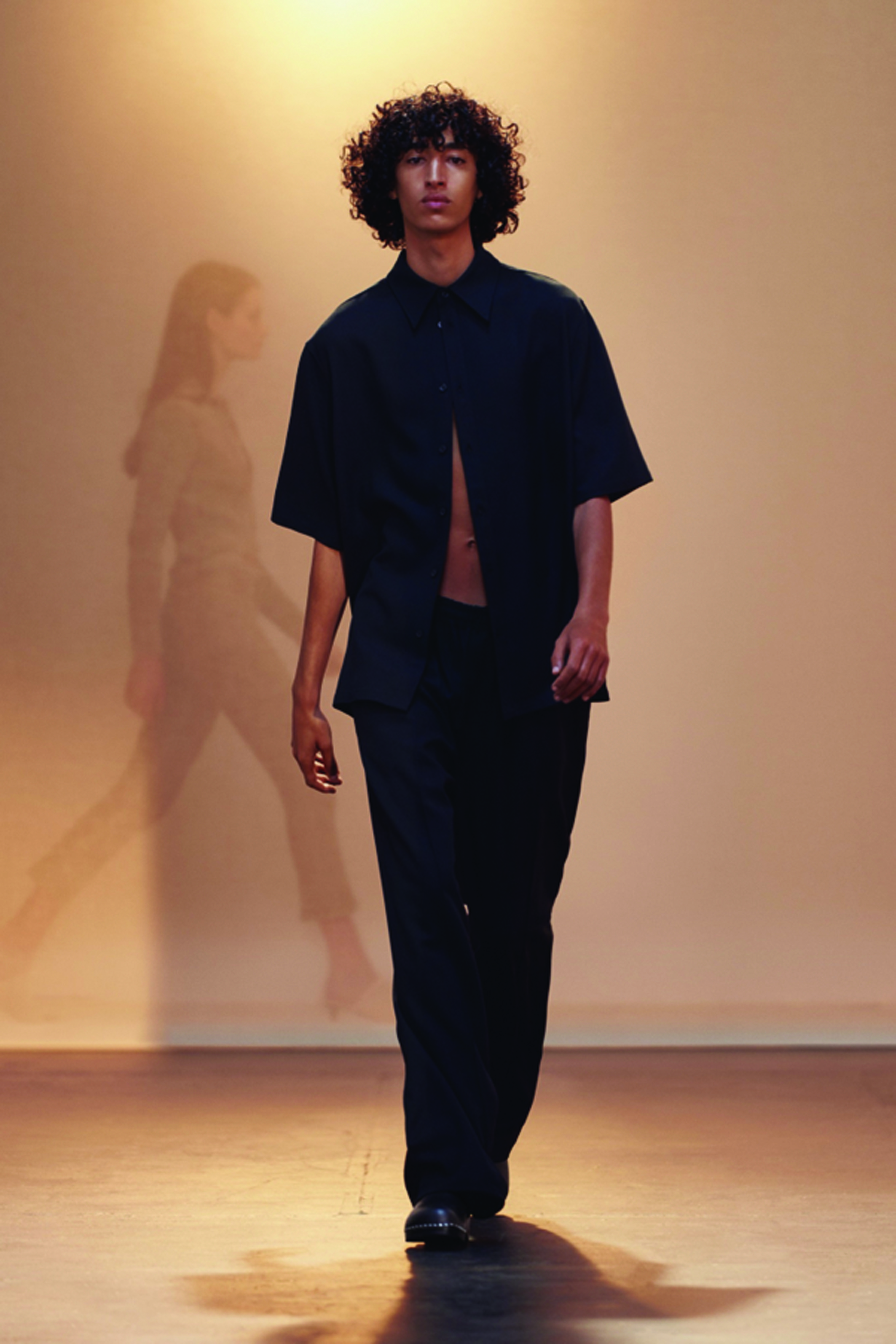
Elin Dahl Sandren, Responsibility Manager at Filippa K
What sort of volumes of apparel are being produced for Filippa K? Is it just a capsule collection or going into commercial volumes?
We’ve developed five styles in this innovative fabric for our SS24 collection in commercial volumes. Our aim is to continue our collaboration with these partners to make more sustainable fabrics using this technology, and discover the possibilities of increasing the amounts of the OnceMore® pulp and recycled cotton.
How does Filippa K intend to help consumers close the loop? Will it have a garment take-back programme for these garments? If so, how will it work?
Circularity is a key area of focus in our sustainability work – this involves pursuing circularity business models, circular design and longevity. These garments will go through our existing structure that supports customers in closing the loop, and they will be part of the next phase of development in this area as well.
One option for this is our Filippa K Preowned platform on our website. Here, customers in Sweden can easily upload and resell the used Filippa K pieces they own, and shop the pieces listed by other customers.
Additionally, we have been collecting used Filippa K garments from our customers at all our retail stores since 2015 in order to resell, donate or recycle them. We’re currently in the process of developing a new platform with external tech partners that will allow us to digitally tag these garments. This will provide analytics that will facilitate better reuse and resale in the future.
What range of garments are these fabrics suitable for? And where are the fabrics made into garments? Portugal?
The fabric used for these garments is a crepe weave, which is slightly heavier than normal crepe. It has a twisted yarn that gives it a nice structure, and we’ve used it to create five summer styles for this collection: a dress, shirt, skirt, and shorts for womenswear, and a menswear shirt. The technology behind the fabric has the potential to be used in other types of fabrics, and we’re looking forward to the possibility of exploring this in future collections. These garments are made by our manufacturers in Lithuania and Portugal.
Lenzing:
Jutta Maria Schörghuber - Business Development Manager at the Lenzing Group for fashion brands and retailers in Scandinavia, Netherlands, North Eastern Europe
For Refibra is 70:30 (pulp/textile) still the limit for recycled content in these yarns? Are you working on a greater ratio of recycled textile waste and how’s it going?
Södra and Lenzing joined forces with a partnership in 2021 to further enhance circularity in the textile industry. Currently TENCEL™ Lyocell x REFIBRA™ has a recycled content of 30 percent. Our target is by 2025 to have the recycled content by 50% in all our fibers, including TENCEL™ Modal and LENZING™ ECOVERO™ Viscose.
It was back in September 2022 when Sustainability Director of Filippa K reached out to Lenzing with the idea to use TENCEL™ Lyocell x REFIBRA™ fibers with OnceMore® pulp to be the first brand to use this fiber for their SS24 collection. We were very excited about that as this is an amazing opportunity for all parties, Filippa K, Lenzing and Södra to enhance and communicate about circularity in the fashion industry. Underlining the sustainability story Filippa K then decided to get Riopele, based in Portugal on board. So the whole supply chain is within Europe. Riopele has been a reliable partner for Lenzing for many years already.
Södra:
Angeline Elfström, Business Development Manager OnceMore®, Södra
Following on from the EU LIFE textile funding of 10 million euros, how will this be used to help scale up?
The LIFE TREATS project includes a scaling up of the OnceMore® process at Södra’s mill in Mörrum, Sweden, as well as the joint development process. The plant that will be built, will combine 50 percent recycled content with 50 percent renewable wood from sustainable family forestry in Sweden and will be capable of processing 50,000 tons per year of blended post-consumer textile waste, meaning different colors and materials, to produce 60,000 tons dissolving pulp per year. Lenzing makes a decisive contribution here, especially with its know-how in the field of recycling.
The collaboration with Filippa K, Riopele and Lenzing is a great team-effort and connections and communication throughout the whole textile value-chain has made this possible. This is a great proof-of-concept of how we can join forces and drive change!














